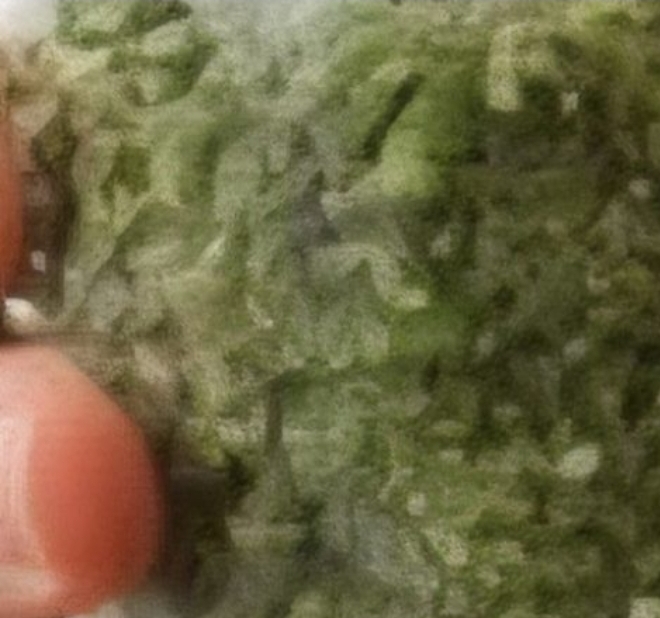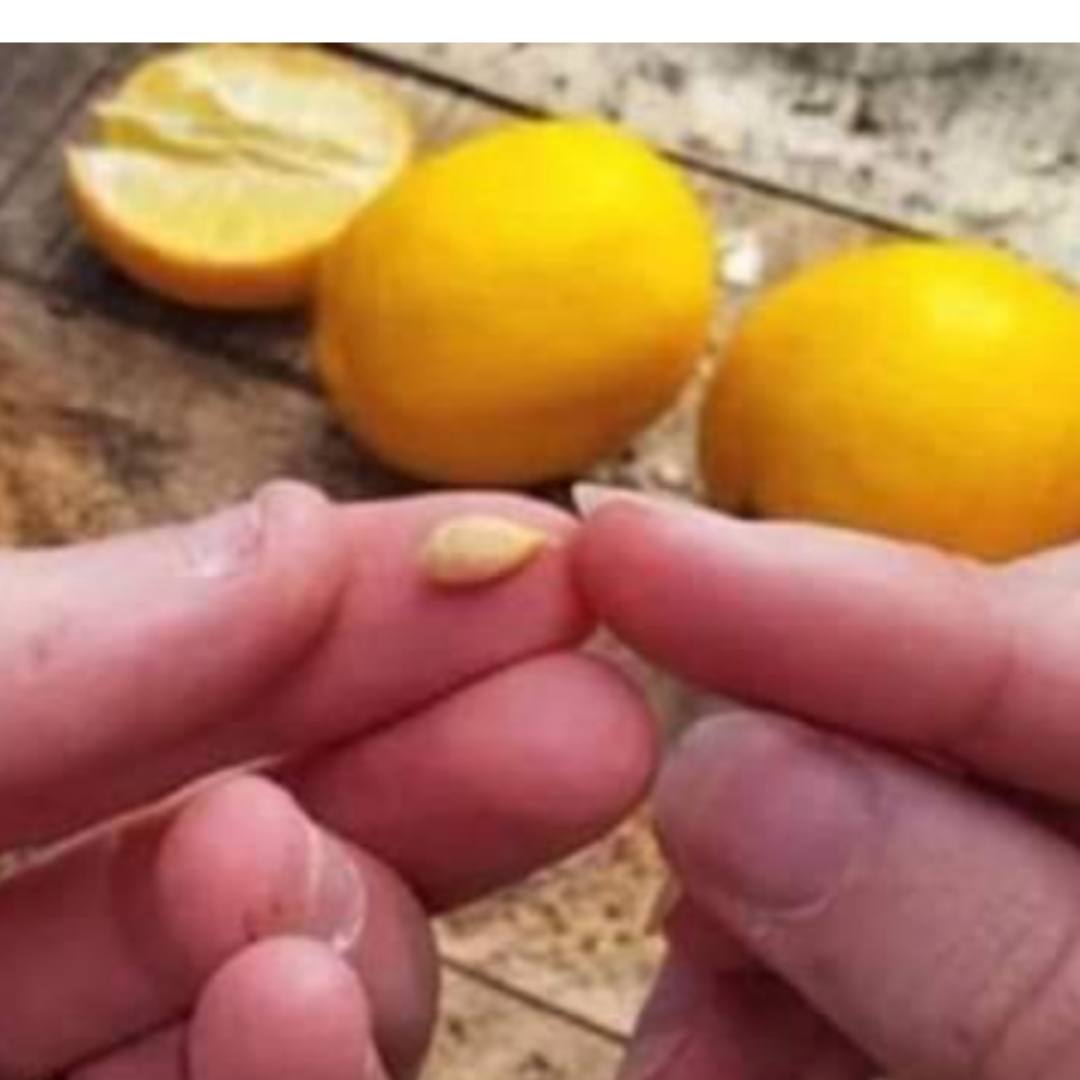Magnesium: The No. 1 Mineral for Preventing Gout
Gout is a form of arthritis characterized by sudden, severe attacks of pain, swelling, redness, and tenderness in the joints.…

Gout is a form of arthritis characterized by sudden, severe attacks of pain, swelling, redness, and tenderness in the joints. The condition is caused by elevated levels of uric acid in the blood, which can form sharp, needle-like urate crystals in a joint or surrounding tissue that cause pain and inflammation. Managing uric acid levels is crucial for preventing gout flare-ups, and one mineral that plays a pivotal role in this process is magnesium.
Why Magnesium is Crucial for Gout Prevention
Magnesium is an essential mineral that affects numerous bodily functions, including blood pressure regulation, nerve function, and the normal rhythm of the heart. Regarding gout specifically, magnesium offers several benefits:
- Uric Acid Regulation: Magnesium helps improve the body’s ability to excrete uric acid, preventing the buildup of this compound in the joints. A deficiency in magnesium may hinder this process, leading to higher uric acid levels and, consequently, gout.
- Anti-inflammatory Properties: Magnesium has natural anti-inflammatory capabilities. Inflammation is a significant symptom of gout, and by reducing inflammation, magnesium can help mitigate the painful symptoms associated with gout attacks.
- Improves Insulin Sensitivity: There is a correlation between insulin resistance and increased uric acid levels. Magnesium plays a role in glucose metabolism and helps improve insulin sensitivity, which can indirectly help manage uric acid levels.
How to Include Magnesium in Your Diet
To ensure adequate magnesium intake, focus on including magnesium-rich foods in your diet. Some excellent sources of magnesium include:
- Green leafy vegetables (e.g., spinach, kale)
- Nuts and seeds (e.g., almonds, pumpkin seeds)
- Legumes (e.g., black beans, chickpeas)
- Whole grains (e.g., brown rice, whole wheat)
- Fish (especially mackerel, salmon)
- Bananas
- Dark chocolate (at least 70% cocoa content)
Magnesium Supplements
If dietary intake might not meet your daily magnesium needs, supplements can be an effective way to ensure adequate levels. Magnesium citrate, magnesium glycinate, and magnesium oxide are popular forms of supplements. However, it’s important to consult with a healthcare provider before starting any supplement regimen, especially if you have kidney issues or take other medications, as magnesium can interact with various drugs.
Conclusion
Incorporating magnesium into your diet or taking supplements can significantly affect your body’s ability to manage uric acid levels and reduce inflammation, making it a valuable tool in preventing gout. Regular intake of magnesium, coupled with a balanced diet and adequate hydration, can help you manage gout symptoms effectively or prevent the condition from developing if you are at risk.
What's Your Reaction?




















